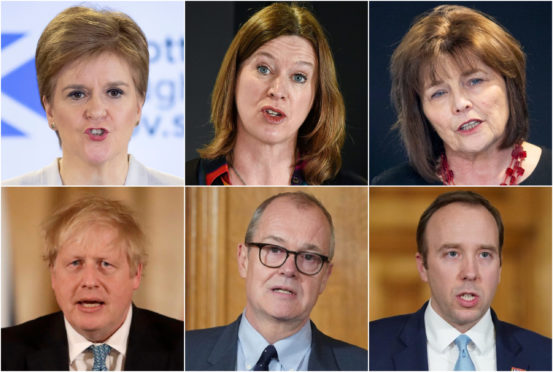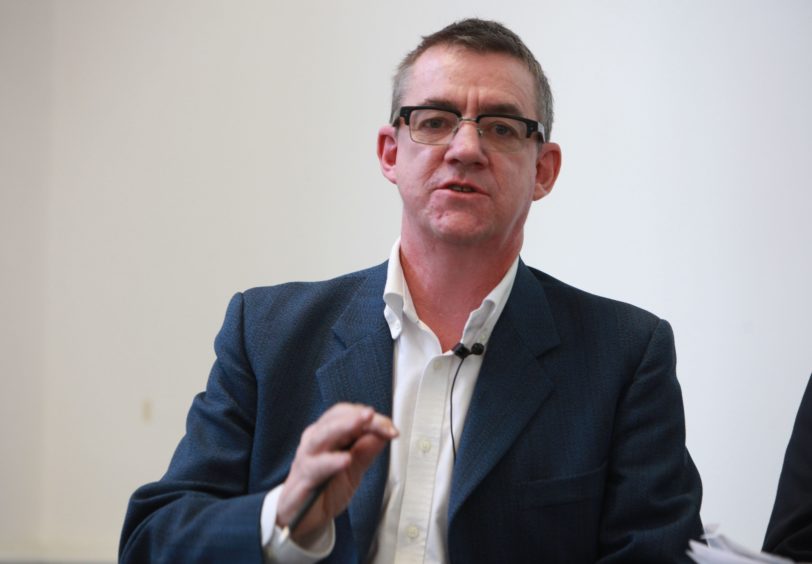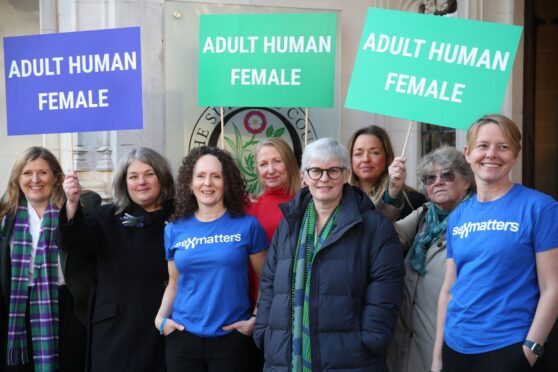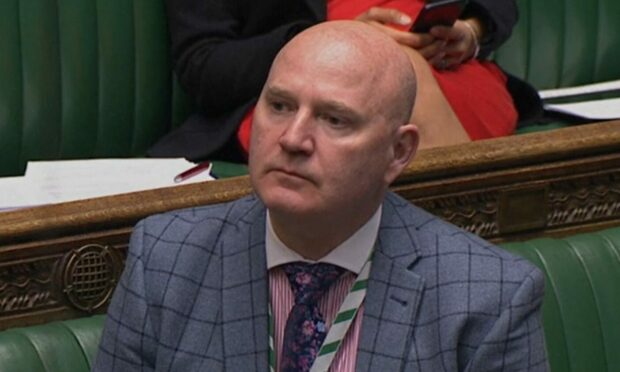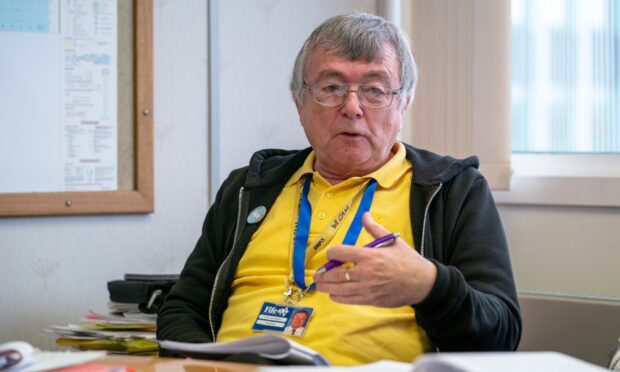Coronavirus has swept the globe like wildfire – breaking out of a wet market in Wuhan, this killer has in a few short months travelled across international borders, with zero respect for governments, to kill tens of thousands of people.
As health secretary Matt Hancock put it on Thursday night, this is now a world war in which “all of humanity” needs to fight together.
The sentiment expressed by the cabinet minister, while noble and true, unfortunately rang hollow this week as confusion reigned over how the UK as a nation would be fighting this war going forward.
The disgrace in the UK is that our government has asked for retired Doctors, Nurses to return to the #NHS along with appealing for volunteers. Yet they have not provided adquate PPE to protect them. Please demand better than this 👇 Use the tag #WeDemandPPENow pic.twitter.com/mUYubvNEz0
— Ms.expressioness@damnation #NotMeUs (@expressionessd1) April 3, 2020
The troops in this battle, the doctors, nurses and frontline health and care staff, are desperate for information about protective equipment, testing kits and life-saving ventilators. Unfortunately, the generals can’t seem to agree on dates for when this kit will be ready, who is buying it and how it will be distributed across the UK.
Mr Hancock, for example, promised 100,000 tests per day across the country by the end of April, but following questions from journalists, officials in London and Edinburgh contradicted each other on whether the extra tests would also be for Scotland, Wales and Northern Ireland – before changing their answers numerous times and leaving no-one any the wiser on the policy.
That debacle came amid confusion over the level of cooperation between devolved governments on the procurement of test kits and ventilators.
First Minister Nicola Sturgeon announced that Scotland would be taking part in a UK-led procurement scheme, but then said the Scottish Government would also continue “its own” procurement process.
The comment caused concern, as the scheme was set up after it emerged NHS Wales and NHS England were competing against each other for the same equipment.
Ms Sturgeon, asked if she could guarantee that her policy wouldn’t result in similar competition, could not give a clear answer.
On the latest episode of our #politics podcast:
🛌 Confusion over ventilator procurement
📊 A change to how #COVID19 data is gathered
🇬🇧 Scotland’s role within the UK
⛅️ Some reasons for cautious optimism👉 Be better briefed; search for ‘The Stooshie’ in your podcast app pic.twitter.com/9sCc2lmigW
— The Stooshie (@stooshiescot) April 3, 2020
The First Minister said: “I think it is incumbent on all of us across the UK not to get into bidding wars or any other issues of tension.
“At times there will be different views on how to approach this. There’s nothing wrong with that. We will work through them and if we take slightly different approaches we will explain why that is the case.”
John McTernan, a former adviser to Tony Blair and numerous Scottish secretaries, warned that the “disjointed” approach could end up damaging public confidence.
Mr McTernan said the UK should look to adopt an Australia-style system, whereby the heads of all devolved governments meet in a national cabinet – something he dubbed a “pandemic coalition”.
He said: “Number 10 appears to be slow about almost everything that makes sense. Bringing the devolved administrations into Cobra, for example, was obviously sensible, but they took time to get to it.
“I think there’s a very strong argument for the UK adopting what Australia has, which is a national cabinet. It doesn’t take away from the individual states to be able to do what they want, but I think an acknowledgement that there are four health services, four different sets of policing and four different economies is needed.
“Just as in wartime, with a wartime coalition, you need a pandemic coalition.”
This isn’t rehearsal, this is actually a pandemic – so poor strategy, communication and coordination, in the end, have appalling consequences.”
Mr McTernan went on to criticise the unravelling of Mr Hancock’s 100,000 tests a day announcement and the fact it had clearly not been agreed across the devolved spectrum.
“The problem is, this isn’t rehearsal, this is actually a pandemic – so poor strategy, communication and coordination, in the end, have appalling consequences.
“For me, communications is a form of retail and like Lord Sainsbury always says, retail is detail.
“You need to know why you’re saying this, what’s going to happen and how it will happen.
“Anything less pulls away at public confidence, and public confidence is vital at the moment as you’re advising and asking people to do things like never before.”
Former Deputy First Minister Jim Wallace, who was at the heart of the Scottish Government during the foot and mouth crisis in 2001, agreed that devolved administrations needed to present a united front.
The Liberal Democrat peer said: “Clarity is vital in this and it’s not in anyone’s interests if there are confused messages, which there appears to have been.
“I also think you’re likely to get less confusion if their is proper UK coordination, at every level both ministerial and official.”
